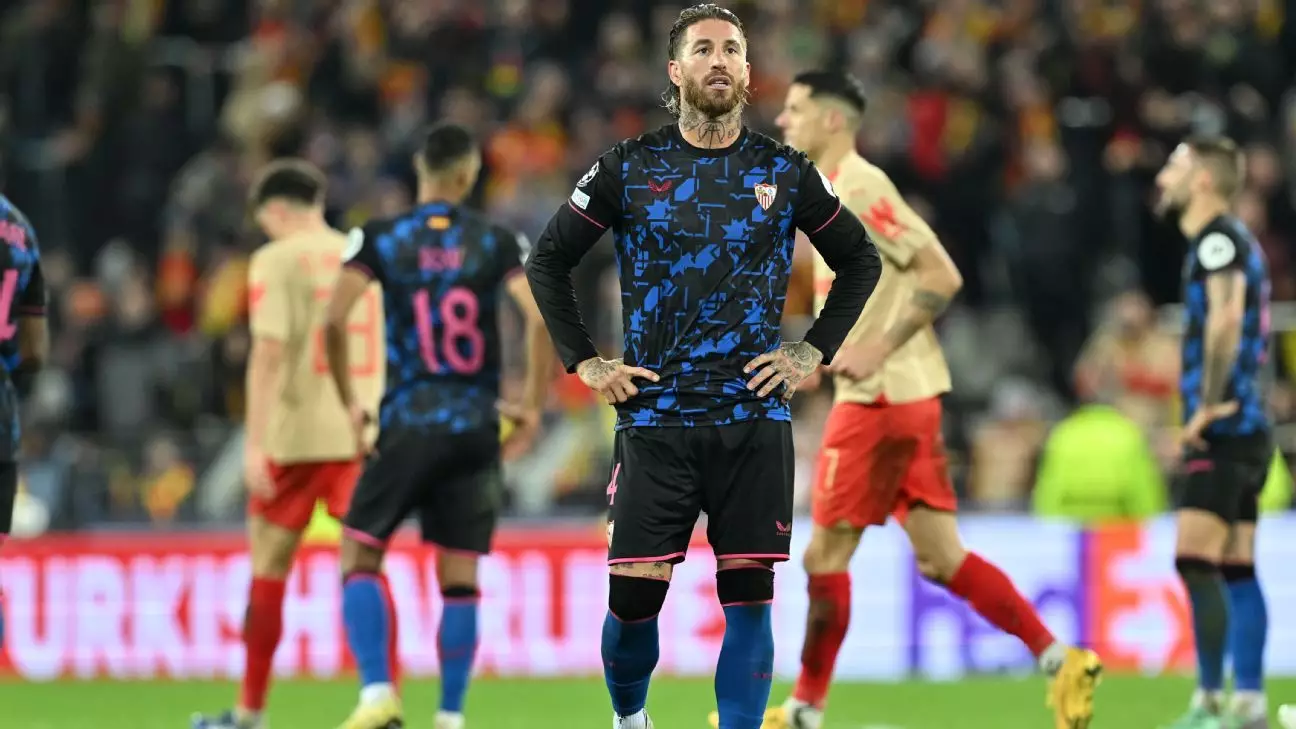LaLiga, the prestigious Spanish football league, has always been a battleground for fierce competition and rivalries. Much like Sir Alex Ferguson, the legendary former manager of Manchester United, believed in nettle-grasping and making bold decisions, the state of LaLiga reveals that some clubs and individuals fail to confront the challenges they face. Fear, self-interest, and a lack of vision cripple their ability to succeed. In contrast, under the dominant leadership of Florentino Pérez, Real Madrid appears well-positioned to continue their sporting and commercial dominance in the years to come.
While individual greatness can often determine the outcome of sporting contests, the dynamics change for coaches, managers, and club presidents. Steering a club is a complex process with numerous moving parts, requiring meticulous decision-making. If rivals are plagued by incompetence, lack of vision, or financial difficulties, success becomes easier to achieve, even when mistakes are made. Despite the outstanding individual talents of players like Lionel Messi, Michael Jordan, and Simone Biles, the success of a club depends on collective efforts and sound leadership.
In stark contrast to the struggles faced by rivals, Florentino Pérez, the president of Real Madrid, can find amusement in the state of LaLiga. With immense power and no challengers within his club, Pérez has established the conditions for another era of dominance. The recent renewal of manager Carlo Ancelotti’s contract, the presence of young and ambitious players, and the ongoing stadium project promise both on-pitch success and increased revenue. Moreover, the potential recruitment of the world’s best footballer, Kylian Mbappé, would further solidify Real Madrid’s position.
As Pérez revels in his club’s strength, four LaLiga rivals stand out for their ongoing troubles. Barcelona remains a wounded soap opera, barely managing to navigate from one episode to the next. As for Sevilla, a club that has excelled in player transfers while consistently winning trophies, it finds itself in deep turmoil after a recent change in presidency. Internal power struggles between the Del Nido family members have left the football operations at Sevilla on the brink, with relegation looming as a real possibility.
Celta Vigo, under the leadership of Carlos Mouriño and now his daughter Marian, has experienced financial stability and European ambitions, but their flirtation with relegation persists. The transition of power must bring about changes that will strengthen the squad and improve their performances. Villarreal, once a European champion and Champions League semi-finalist, faces instability due to a transition of power from visionary owner Fernando Roig to his son, Fernando Jr. Their current struggles place them dangerously close to the relegation zone. Meanwhile, Valencia confronts frustrated ownership, a disgruntled fan base, and an inexperienced squad in desperate need of quality reinforcements.
The Absence of Leadership and Clarity
These four clubs, traditionally capable of challenging the dominance of Spanish football, find themselves grappling with various degrees of crisis, confusion, and internal conflicts. As Madrid continues to strengthen, the absence of leadership, clarity, and a clear sense of purpose hampers the ability of Sevilla, Celta Vigo, Villarreal, and Valencia to mount serious challenges. They inadvertently undermine their own progress, leaving them far behind Real Madrid’s position of strength.
In the unfolding drama of LaLiga, Florentino Pérez savors the struggles of his rivals. Much like Sir Alex Ferguson reveled in the competitive advantage gained from his rivals’ indecisiveness, Pérez understands the significant advantage he has when his competitors are entangled in internal conflict and incompetence. The state of LaLiga reflects the consequences of failed leadership, egos, and a lack of vision. As Real Madrid heads into a new era of power and dominance, the road ahead for Sevilla, Celta Vigo, Villarreal, and Valencia appears rocky and uncertain.
